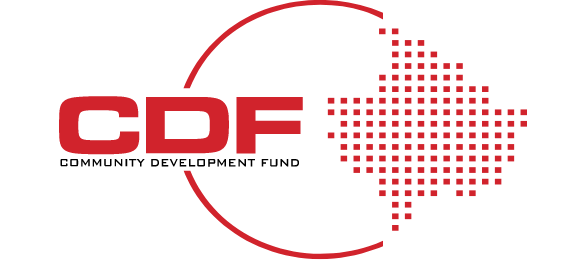In the digital age, data is the new oil—a valuable resource that drives business growth but is also fraught with risks if not managed judiciously. For MSMEs in Kosovo, a country with a digital ecosystem, understanding the intricacies of data security and compliance is not just a legal requirement but a business imperative. This comprehensive guide elucidates the data protection laws in Kosovo, their alignment with the European General Data Protection Regulation (GDPR), and the practical implications for your business.
Data Protection Laws in Kosovo: An Overview
The Legal Framework
Kosovo’s Law on Personal Data Protection (LPDP) is the cornerstone legislation that governs how businesses handle personal data. It sets out the principles for data collection, storage, and processing.
Example: If you operate a retail store in Pristina and collect customer data for loyalty programs, you must adhere to the LPDP’s guidelines on data storage and usage.
Consent and Transparency
One of the pivotal aspects of the LPDP is the necessity for explicit consent from individuals before collecting their data.
Example: An e-commerce platform based in Gjakova would need to obtain clear consent from users before storing their email addresses for marketing purposes.
GDPR: The European Connection
Applicability to Kosovo
Though Kosovo is not an EU member state, GDPR compliance is often required for businesses that handle data of EU citizens or operate in EU markets.
Example: A tech startup in Peja offering services to clients in Germany would need to be GDPR compliant.
GDPR Principles
GDPR is more exhaustive and stringent than Kosovo’s LPDP. The key principles include data minimization, purpose limitation, and accountability.
Example: A healthcare provider in Ferizaj collecting patient data must restrict the data to only what is needed for the intended medical treatment (data minimization).
Practical Implications for MSMEs
Compliance Costs
Data security compliance can be costly but is necessary. It involves setting up secure databases, encryption, and regular audits.
Example: A small manufacturing unit in Mitrovica would have to budget for data protection mechanisms to safeguard employee and client data.
Reputation Management
Data breaches not only incur legal penalties but also damage your brand image significantly.
Example: A boutique hotel in Prizren could lose customer trust, and subsequently bookings, if it fails to protect online transaction data.
Legal Recourse
Non-compliance can result in penalties, ranging from fines to legal action.
Example: A digital marketing agency in Vushtrri could face fines for not complying with data protection laws, affecting its profitability and growth.
A Step-by-Step Guide to Ensuring Compliance
Step 1: Data Mapping
Identify what kind of data you collect and for what purpose.
Step 2: Legal Review
Consult with legal experts to understand the compliance requirements specific to your industry.
Step 3: Implementation
Install security measures such as firewalls and data encryption.
Step 4: Employee Training
Educate staff on data protection principles and procedures.
Step 5: Regular Audits
Conduct periodic internal and external audits to ensure compliance.
A Business Imperative
For MSMEs in Kosovo, especially those owned by women and minorities, understanding and complying with data protection laws is crucial for sustainable business growth. Failing to do so could result in not just legal repercussions but also loss of customer trust—a price too hefty to pay in a competitive market landscape. In this interconnected world, data security is not just an IT issue but a business-wide strategic imperative.
By adopting a proactive approach to data security and compliance, Kosovo’s MSMEs can not only safeguard their business interests but also gain a competitive advantage in a data-driven global market.








